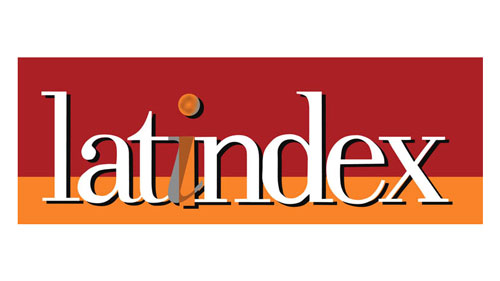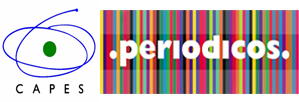QUEM NÃO TEM CÃO CAÇA COM GATO: ESTRATÉGIAS DE BUSCA LEXICAL POR TRADUTORES DE FRANCÊS
Keywords:
dictionary use, translation strategies, metalexicographyAbstract
This research study investigated lexical search strategies of five undergraduate students in a translation studies course during an authentic French-Portuguese translation exercise. The objectives were to identify opportunities to teach dictionary use to improve the student participants' skills in using a dictionary, and identify opportunities to develop lexicographic solutions to problems faced by the participants. Data analysis reinforced the hypothesis that users preferred computer dictionaries to paper dictionaries. An intense and diversified use of the search engine Google was also noted, indicating it is a way to access online reference tools and is a reference tool itself. These results suggest that teaching dictionary use could be expanded to "teaching lexical search strategies", incorporating the teaching of advanced search strategies such as those in a search engine. Results also suggest that the actual concept of dictionaries will probably change in the following decades, by adding facilities found in search engines (such as word frequency and collocation searches) or being included in linguistic applications.
Downloads
Downloads
Published
How to Cite
Issue
Section
License

A Revista Horizontes de Linguística Aplicada de http://seer.bce.unb.br/index.php/horizontesla/index é licenciado sob uma Licença Creative Commons Atribuição-Uso não-comercial-Vedada a criação de obras derivadas 3.0 Unported.
- Autores mantém os direitos autorais e concedem à revista o direito de primeira publicação, sendo o trabalho simultaneamente licenciado sob a Creative Commons Attribution License o que permite o compartilhamento do trabalho com reconhecimento da autoria do trabalho e publicação inicial nesta revista.
- Autores têm autorização para assumir contratos adicionais separadamente, para distribuição não-exclusiva da versão do trabalho publicada nesta revista (ex.: publicar em repositório institucional ou como capítulo de livro), com reconhecimento de autoria e publicação inicial nesta revista.




